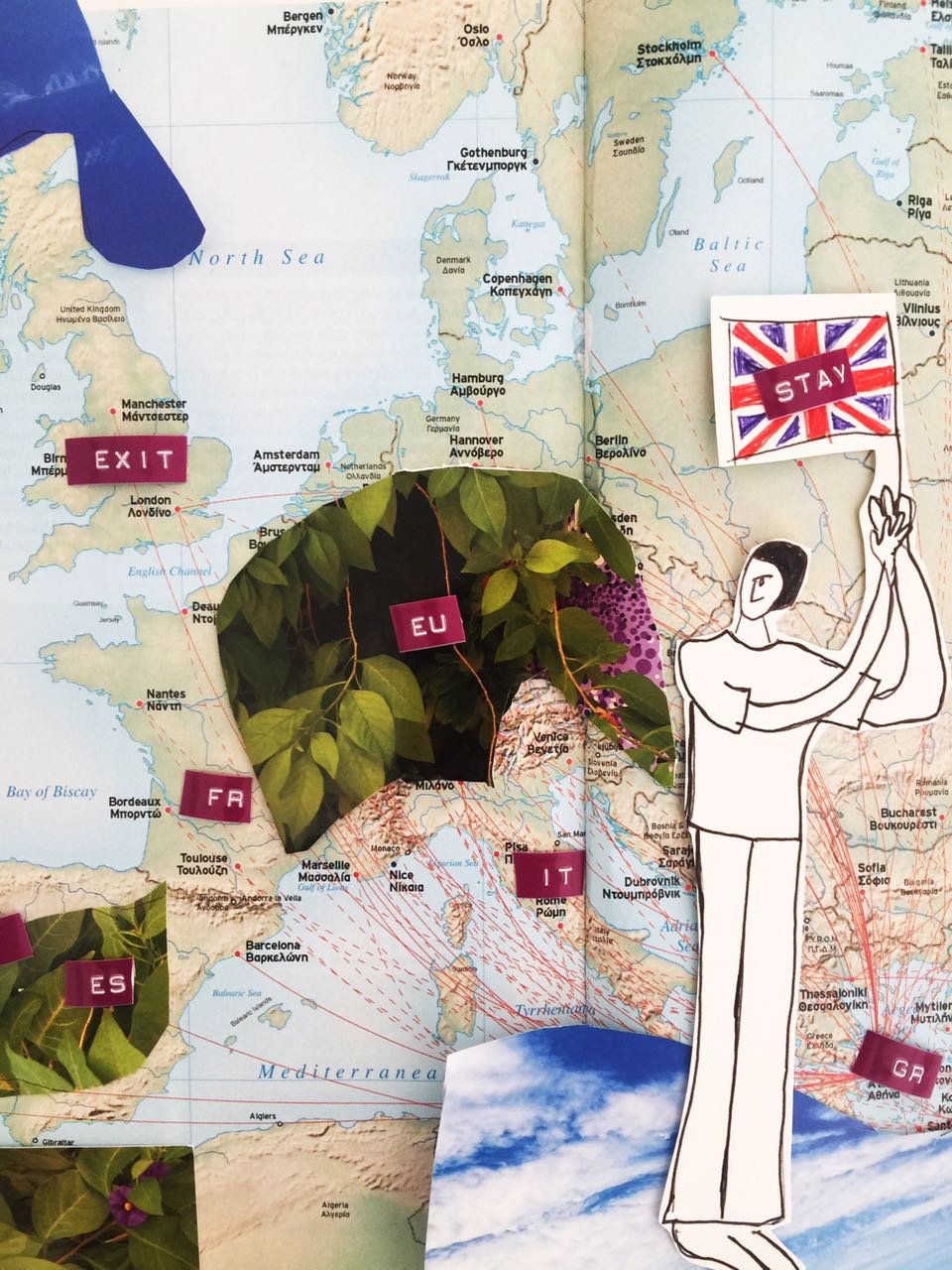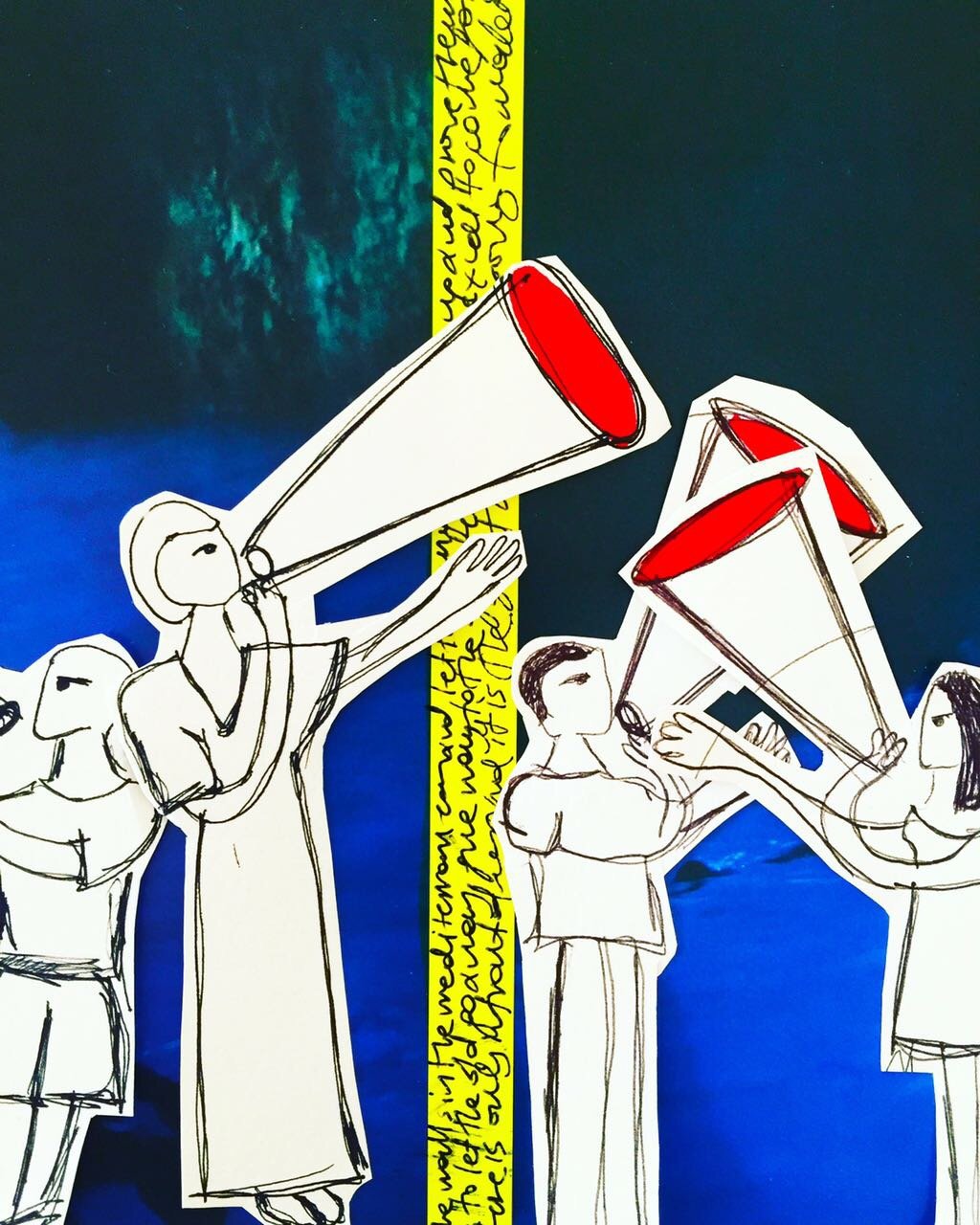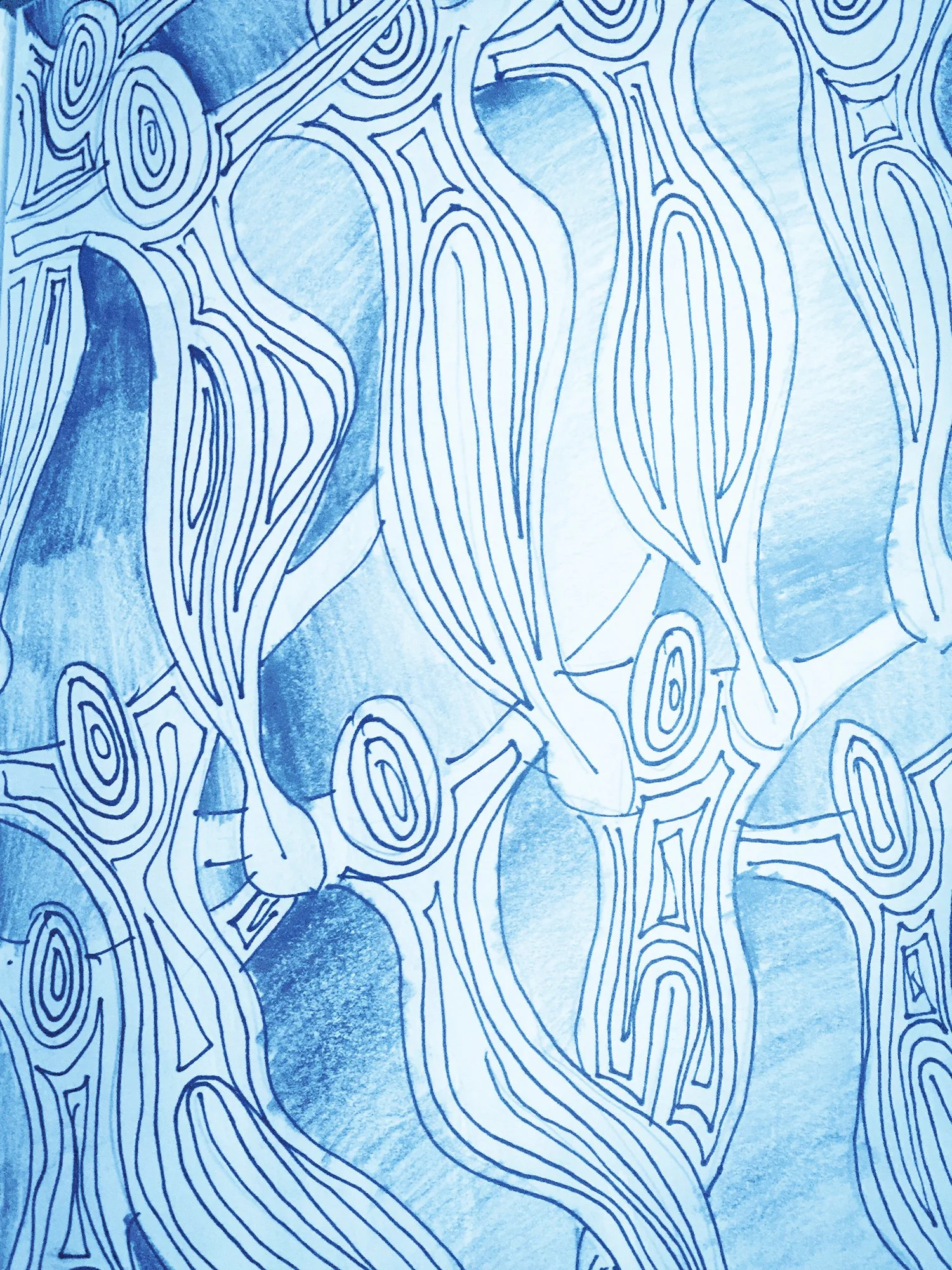
It is a myth that Greek people don’t work. Greek people work long, hard hours and are, by nature, entrepreneurial.
I have conducted business in Greece through every phase of the recent economic cycle: the Golden years of the early 1990s, the post-Balkan Wars stage of 1999–2003, the post-Olympic games period from 2004–2009 and the challenging years of 2009–2012.
I had the honour of advising the Greek government during its European presidency of 2003 on international strategic communications and in 2004 on European structural fund absorption strategies. Then, from 2005–2010, I advised the Hellenic Telecommunications Organisation on its engagement with European institutions (prior to its privatisation under Deutsche Telekom), as well as working on a number of other strategic industry initiatives in the financial services and energy sectors as Greece became the business hub of South-East Europe. Given my work, I was able to dive deeply and gain an understanding of the labour market structure in both the public and the private sectors.

Fair Process Leadership
A few years ago, an acquaintance of mine, a consultant, told me I would never be relevant or wealthy because I believed in goodness and fairness, and in doing the right thing. ‘You are an outcast, you are in dreamland, fairness does not exist in the business world,’ he said as he walked away, feeling proud of his financial affluence.

Turkey as a Constructive Force for Growth
With a population of almost 80 million, Turkey has the second-largest economy in the Mediterranean region after Egypt. At different periods of my life I have lived and worked in, and I still continue to engage with, this naturally beautiful country. I have found principled and trusted collaborators there and built precious and lifelong friendships. The values of family, trusted business partnerships, faith, friendship, culture and community are as strong in Turkey as they are anywhere in Europe and the rest of the world.

Economic Growth in the Mediterranean: A Closer Look
The Mediterranean region encompasses the southern countries of Europe and the northernmost nations of Africa, stretching from Spain to Cyprus, from Libya to Albania. Home to 21 countries and 500 million people, this region produces 10 per cent of the world’s GDP and combines a rich diversity – culturally, linguistically and economically – along with a shared history of commerce, and of conflict.

Brexit and the View from the South
How do Britain’s divorce proceedings look from a Mediterranean standpoint?
These are strange and confusing times for the many European citizens and European nations that know or admire the United Kingdom. Many of us are still at a loss to understand what the country hopes to gain by leaving the European Union, or how the UK intends to go it alone. But the talks about the terms under which Britain will leave the EU are well under way, and I believe that we should consider whether there is any useful advice or insights we can provide from the Mediterranean perspective. Are there practical ways in which the countries of our region can help Britain once Brexit takes place?

Give Youth A Chance
Why the young people of the Med are the best hope for the region – and for Europe.
In a recent essay for the journal International Affairs, produced by the London-based think-tank Chatham House, political analyst Claire Spencer quotes The Mediterranean in Politics, a book written by historian Elizabeth Monroe on the eve of the Second World War. Back then, Monroe said of the Med that ‘its significance has been that of passage, or a megaphone, or a knuckle-duster. It has always been a route to somewhere, or the string which when pulled, reveals that its other end is in India, Vladivostok… or Mosul.’ That view, though it was expressed a lifetime ago, still rings true. The Mediterranean continues to be a conduit for migrants from far and wide; it is a region that dramatises and magnifies fractious debates within Europe; and it is a locus of conflict and upheaval – the ‘knuckle-duster’ of Monroe’s lively string of metaphors.

Navigating the Middle Sea
What is the Mediterranean Sea? What part does it play in the lives and the livelihoods of the 500 million people who live around its foaming edge? We tend to see the Med – in fact, any body of water – as a blank blue hole that fills the spaces between landmasses. Dry land is a presence, full of topographical interest and teeming with human activity. The sea, on the other hand, can seem a blank and featureless thing. Open water is not our natural habitat, and we venture out there at our peril, as – tragically – many thousands of Syrian and Libyan refugees can attest.
